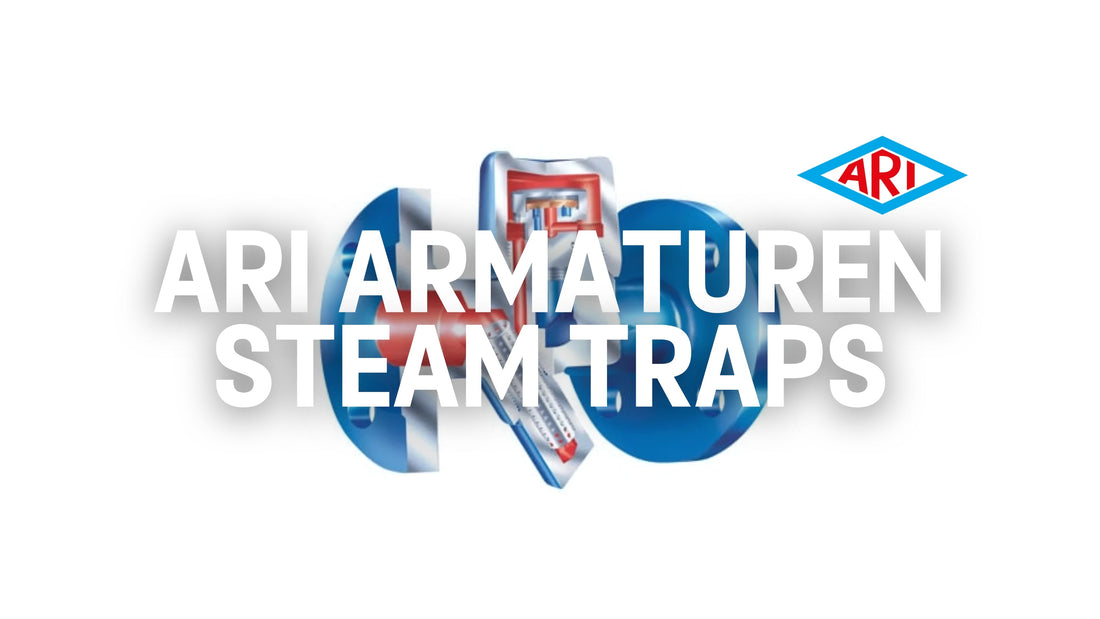
Understanding Steam Traps: What They Are and Why They Matter
Share
💡 Key Points
Learn what a steam trap does and why it’s essential
Discover the different types: mechanical, thermostatic & thermodynamic
Identify signs of trap failure and system inefficiency
Perfect for engineers, plant managers, and maintenance teams
In a steam system, steam traps might seem like small components—but they play a massive role. They’re responsible for removing condensate, air, and non-condensable gases without losing valuable live steam. At Steam Valves UK, we believe that understanding steam traps is key to keeping your system efficient, safe, and cost-effective.
🔍 What Is a Steam Trap?
A steam trap is a valve that automatically discharges condensate (the water formed when steam cools), while preventing the escape of live steam. This keeps your system running efficiently—ensuring steam stays where it's needed and excess water is removed before it causes problems like water hammer, corrosion, or reduced heat transfer.
🔧 Types of Steam Traps
1. Mechanical Steam Traps
These use floats or buckets to open and close a valve as condensate levels rise.
- Ideal for steady loads
- Reliable discharge with minimal steam loss
2. Thermostatic Steam Traps
These respond to temperature changes. As condensate cools, the valve opens.
- Great for variable loads
- Simple and compact design
3. Thermodynamic Steam Traps
These use the energy in the steam to open and close the valve.
- Robust and compact
- Suited for high-pressure systems and outdoor use
⚠️ What Happens When Steam Traps Fail?
Failed or leaking steam traps can cause:
Energy waste through lost steam
Water hammer damaging pipes and equipment
Reduced heating efficiency
Increased maintenance costs
Regular testing and monitoring is vital. Tools like ultrasonic testers or infrared thermometers can help detect trap failure before it causes system-wide issues.
🔄 Best Practices for Steam Trap Management
Implement a routine inspection schedule
Use properly sized and rated traps for your application
Install strain relief and filters to reduce wear
Consider ARI-Armaturen or other trusted brands for high-quality trap solutions
Replace faulty traps promptly—small leaks can cost thousands annually
Final Thoughts 💬
Steam traps are essential for keeping your system dry, efficient, and operational. With the right knowledge and maintenance, they can dramatically reduce energy losses and protect valuable equipment.
💡 Need help choosing the right steam trap or setting up a maintenance plan? The team at SteamValves.co.uk is here to help, offering expert guidance and reliable supply across the UK.

